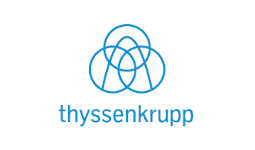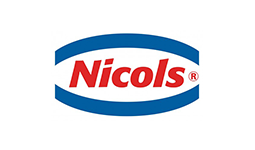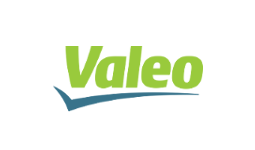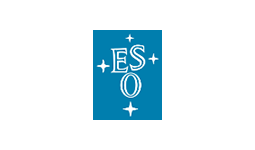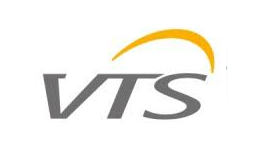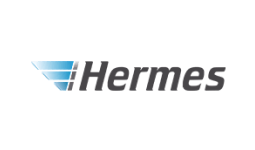 European Southern ObservatoryBetter process optimization and increased IT security with complex portfolio of Comarch IT Services
European Southern ObservatoryBetter process optimization and increased IT security with complex portfolio of Comarch IT Services

The European Southern Observatory (ESO) is a leading intergovernmental astronomical organisation in Europe, and the most effective astronomical observatory in the world. ESO provides astronomers with state-of-the-art research equipment. The observatory is financed by Austria, Belgium, the Czech Republic, Denmark, Finland, France, Spain, the Netherlands, Germany, Poland, Portugal, Switzerland, Sweden, the United Kingdom and Italy.
Annual contributions by the member states amount to a total of 140 million euro, and the organisation employs over 700 staff in Germany and Chile. ESO’s central headquarters is located in Garching near Munich, Germany and house the scientific, technical and administrative centres of the organisation.
Astronomical observatories:
Office facilities:
In recent years, IT support was provided for ESO, in both Germany and Chile, by previous providers under a mix of outsourcing and body-leasing model. Employees hired by outsourcing company performed the required work and ESO settled accounts with its partner on the basis of resources involved in a given project. However, the organisation decided to switch to a service based model and rely on a precisely defined scope of services and SLA parameters. Thus, ESO ensured that it would receive IT services in accordance with Service Catalogue that can be monitored in an ongoing fashion, and the provider renders these services by means of competent and properly trained engineers.

According to ESO’s internal policy, tender proceedings must be conducted under strictly defined terms and conditions and at strictly defined intervals of time. Information concerning tender proceedings is publicly available on the institution’s website. The first stage is always “prequalification”, during which bidders are formally verified with respect to their experience, reliability, financial situation and other key parameters. Companies qualified for the next stage of IT Out-Tasking tenders submitted price bids for a precisely defined range of services, separately for the headquarters in Germany and the facilities in Chile. Both bids from Comarch were recognised by ESO as complied with technical requirements and the most attractive from the costs perspective.
contract signed
beginning of the Phase-In stage
commencement of rendering of IT Services
Comarch signed two separate contracts with ESO for

Modern data processing and storage facilities used as an alternative for companies to expanding their IT infrastructure resources.


